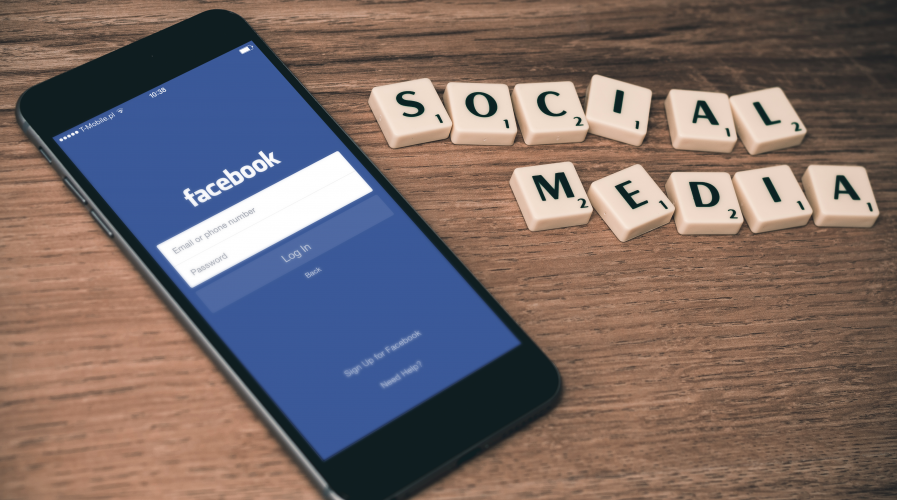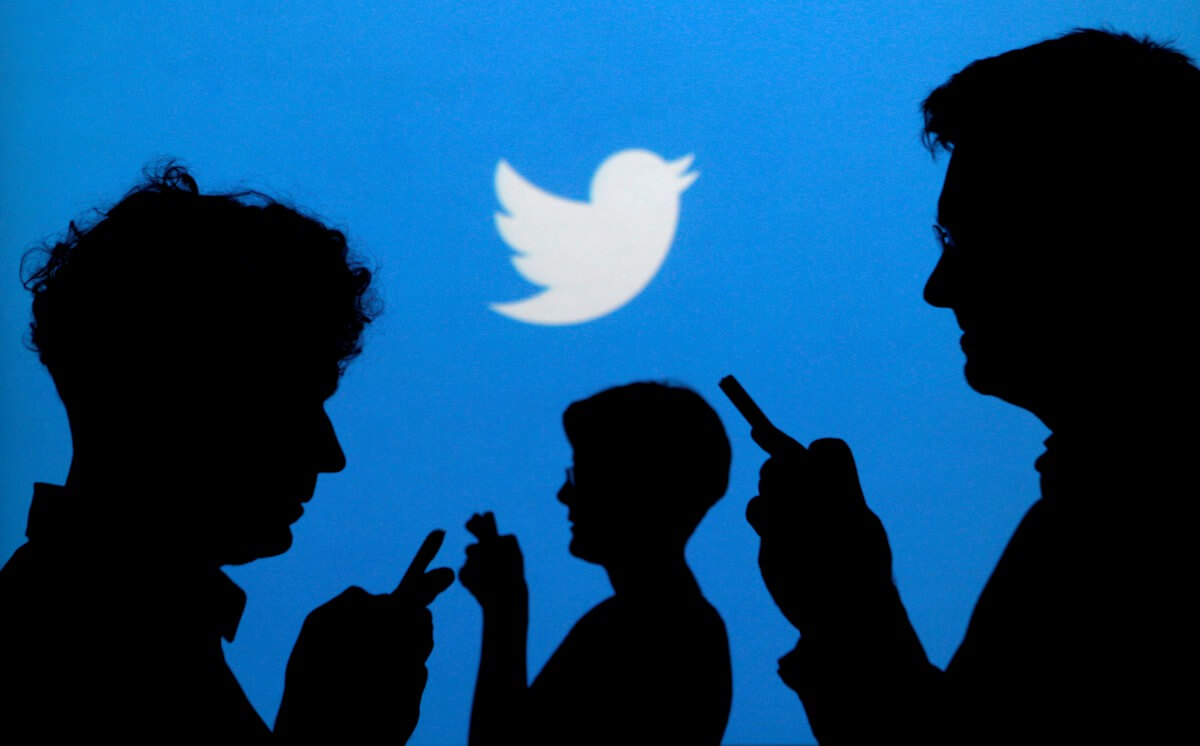
Social media and other technology companies could face regulatory scrutiny if they do not address the rise of extremism online. Source: Unsplash/William Iven
More is expected from tech companies in tackling extremism, misinformation – WEF
THE WORLD ECONOMIC FORUM (WEF) has called on some of the biggest technology firms, from social media mavens Facebook and Twitter, to search giant Google, to take more aggressive stances in tackling the rise of extremism online, and the spread of political misinformation.
The report from the WEF comes just as these same companies are about to face US lawmakers to answer for the role their platforms played in determining the outcome of the recent US Presidential election, and how much interference from Russian operatives had an impact in influencing voting patterns.
The organization based in Switzerland said these companies were vulnerable to increased regulation if they are found complicit.
The report warned that increased scrutiny of these sites could also have an adverse impact on global freedom of speech, should these tech companies run afoul of government censors and regulators. Unless they “assume a more active self-governance role”, these firms could see their actions and reach curtailed.
It recommends that the companies conduct more thorough internal reviews of how their services can be misused and that they put in place more human oversight of content.

Twitter has introduced stricter rules about what kinds of content can be spread on its platform. Source: Reuters
Social media platform Twitter made headlines when CEO and co-founder Jack Dorsey announced changes to the company’s stance on moderating content, especially those peddling hate speech and sexual harassment. Unlike other social media sites, Twitter was giving deep insight into how the company has previously moderated such content.
In comparison, Facebook has launched various initiatives aimed at reducing misinformation, after criticism lobbed at the company following various denials by founder Mark Zuckerberg about the outsized influence of his platform on the election. The company is currently testing tools that will provide users with context and more information, as well as moderation processes to debunk instances of fake news.
The German parliament in June approved a plan to fine social media networks up to EUR50 million if they fail to remove hateful postings promptly, a law that Monday’s study said could potentially lead to the takedown of massive amounts of content.
READ MORE
- Strategies for Democratizing GenAI
- The criticality of endpoint management in cybersecurity and operations
- Ethical AI: The renewed importance of safeguarding data and customer privacy in Generative AI applications
- How Japan balances AI-driven opportunities with cybersecurity needs
- Deploying SASE: Benchmarking your approach




